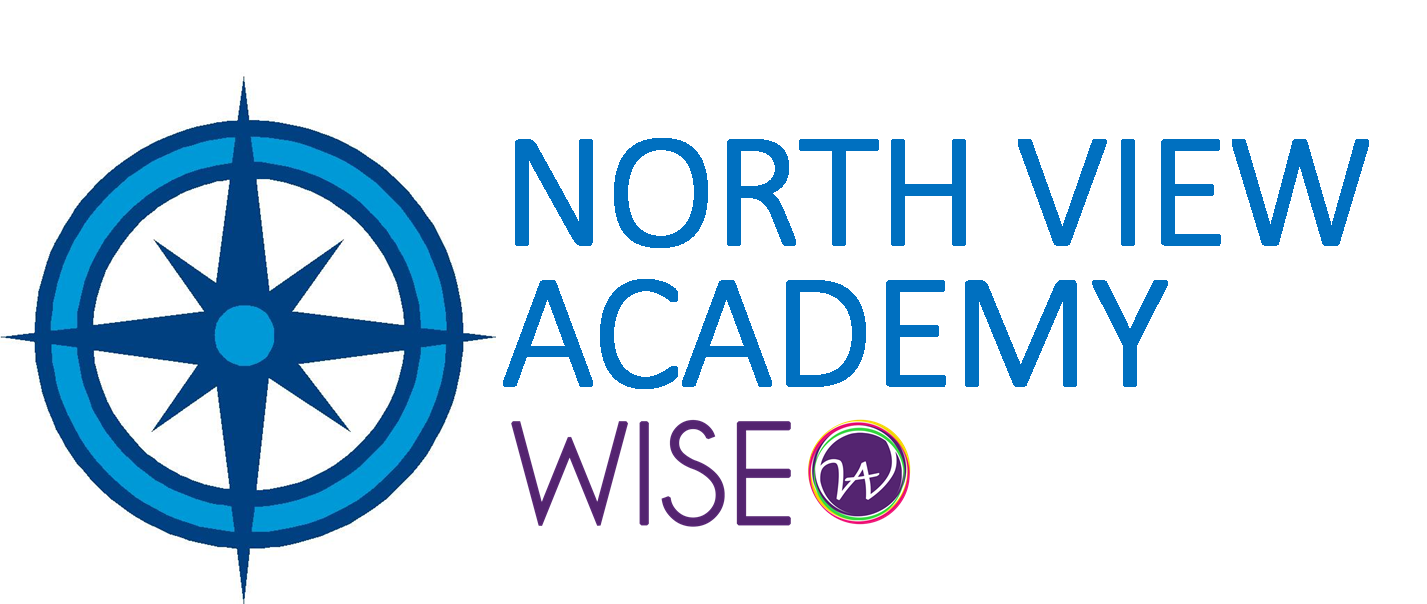Our Vision:
"To create a purposeful educational environment where children of all abilities can learn and thrive"

RE
Though this is not a national curriculum subject, it must be taught to all pupils, alongside the national curriculum, from reception up to sixth form. The aim of teaching RE is to provoke challenging questions about the ultimate meaning and purpose of life, beliefs about God, the self, the nature of reality, issues of right and wrong and what it means to be human.
- RE also develops pupil's knowledge and understanding of Christianity, of other principal religions, other religious traditions and worldviews that offer answers to the questions above.
- RE offers pupils the opportunity to examine the significance of religion in relation to themselves and others, as they consider how religion and beliefs have an impact on individuals and groups in local, national and global contexts.
- RE offers opportunities for personal reflection and spiritual development. It encourages pupils to explore their own beliefs (whether they are religious or not) in the light of what they learn, examine issues of religious beliefs and faith, and consider their own responses to questions raised.
- RE encourages empathy and enables pupils to develop their own sense of identity and belonging.
- RE encourages respect for all, including those with differing faiths and beliefs, as pupils develop understanding and appreciation of our diverse society and world. RE helps to challenge prejudice, discrimination and racism.
RE and the whole school Curriculum
RE contributes to the aims of the whole school curriculum and has an important part to play as part of a broad, balanced and coherent curriculum to which all pupils are entitled.
RE also helps to promote the spiritual, moral, cultural, mental and physical development of pupils, and prepares them for the opportunities, responsibilities and experiences of later life.












